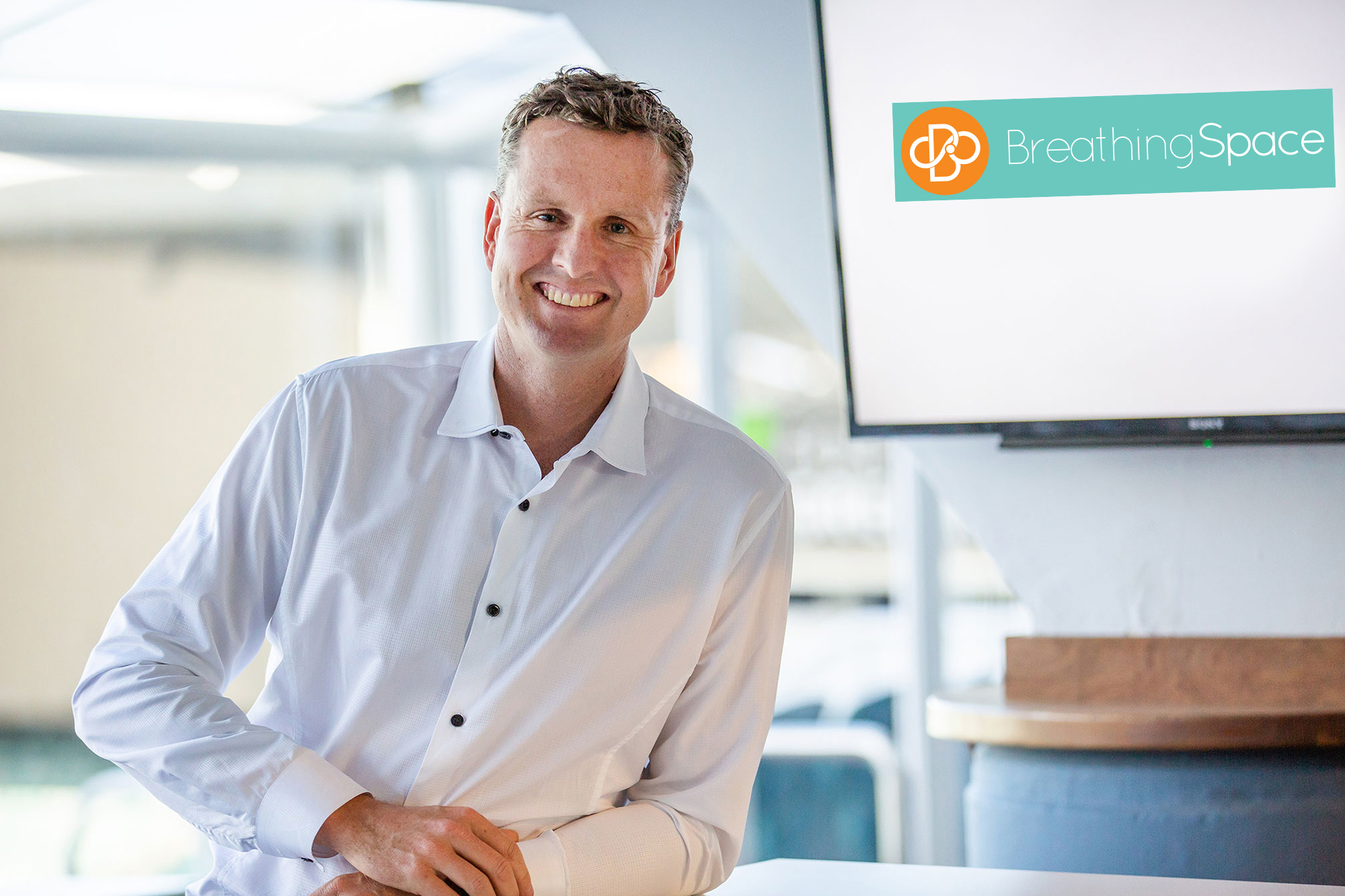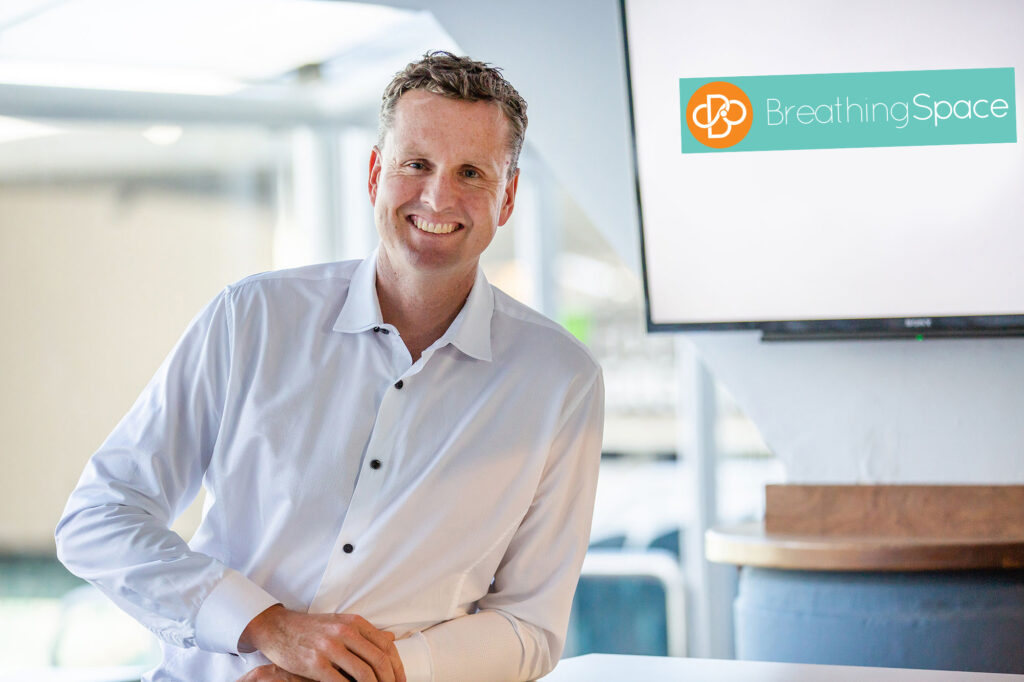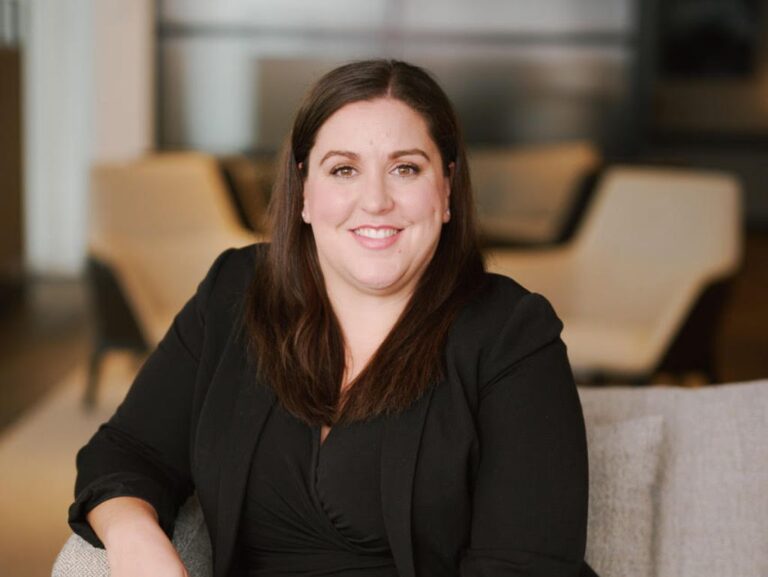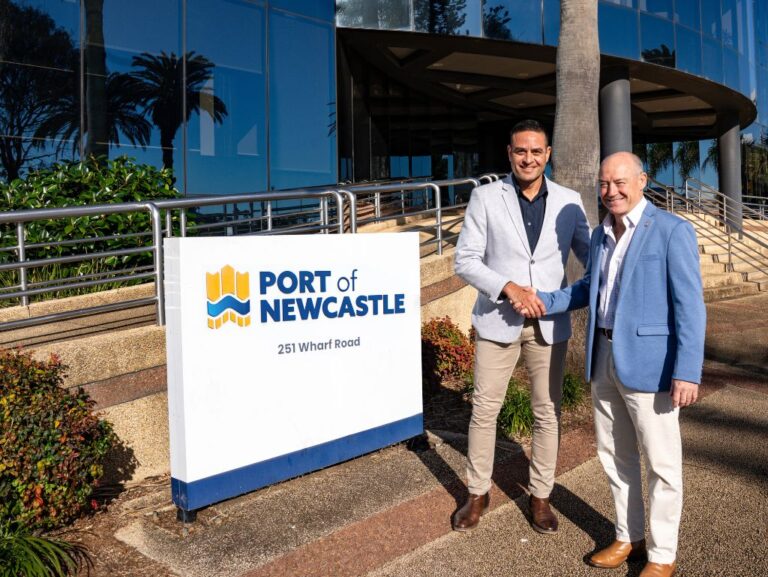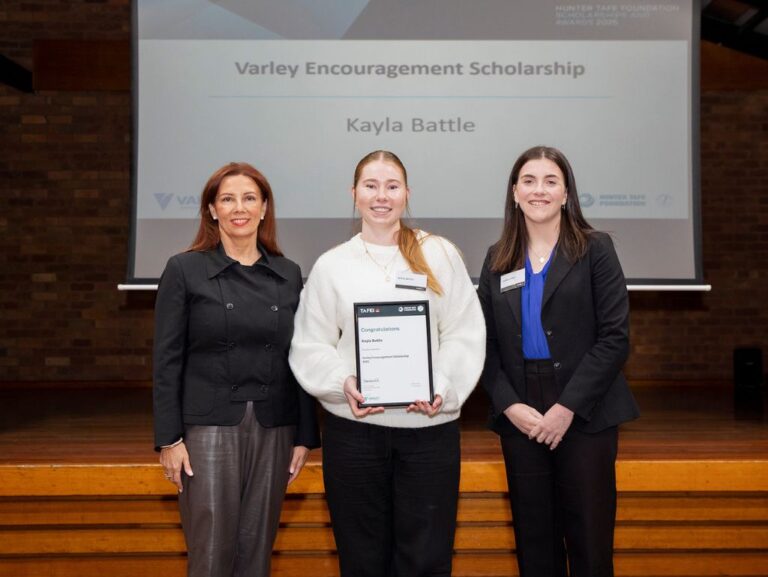A pilot study of a new online support portal has opened to provide guidance and a supportive community for people sharing the brain cancer journey with a loved one.
Developed by mental health researchers at the University of Newcastle and Hunter Medical Research Institute (HMRI), with the support of an Innovation Grant from the Mark Hughes Foundation (MHF), the MHF Breathing Space app offers a safe space for families and friends of people living with brain cancer via a community of mental health professionals and people with lived experience of brain cancer.
Mark Hughes Foundation Co-Founder, Mark Hughes said the people who are closest to you are often ones who need the most support.
“When I was first diagnosed with brain cancer my family were always there for me. But who was there for them?” he said.
“This app will provide access to a vital online community that families and friends who are going through the brain cancer journey also need.
“When someone you love is diagnosed with brain cancer your world is turned upside down. There’s so much to process and it impacts everyone in your circle.”
The pilot trial for MHF Breathing Space is aiming to recruit 100 people to join and experience the app so it can be fine-tuned ahead of its launch to a wider audience.
Mark Hughes says the MHF team were keen to find a way to offer the support that family and friends needed, and were thrilled to fund this innovative project.
“The brain cancer journey can be lonely and stressful for everyone involved,” Mark said.
“If someone feels overwhelmed they can just go into their room, close the door and privately access the support they need via the app.”
The app is part of a larger research project being conducted by a team of mental health researchers to help develop a tailored online program to offer support information and strategies for coping.
As such, the research team will also be conducting a phone and online survey to find out how families and friends are impacted by a loved-one’s brain cancer diagnosis.
They will also be speaking with health and medical professionals, as well as people diagnosed with brain cancer.
Project leader, Professor Frances Kay-Lambkin, says the wellbeing of family members is important, especially as people with a cancer diagnosis navigate their own hardships.
“We know that the well-being of friends and family members is closely tied to the experience of the person with brain cancer,” she said.
“Healthy carers, who are socially connected and meeting their own needs, are better placed to support their loved one with brain cancer.
“We know that brain cancer is a personal journey from the moment of diagnosis, through treatment and beyond. Trained health professionals have a valuable role to play, however peer support is special and unique. People can offer guidance without being experts themselves.”
“Knowing you’re not alone, being able to connect and feel supported, these things help build confidence and resilience,” Mark added.
This pilot program will help the team learn more about the types of support that people need during a diagnosis and beyond.
This information will then inform the development of a web-based platform to offer even more support.
“People feel connected to the Mark Hughes Foundation as we’re a real community. So I’m looking forward to Breathing Space being a valuable community space for people to find the help and support they need whenever they need it,” Mark concluded.
IMAGE | Mark Hughes Foundation Co-Founder, Mark Hughes, endorsing new app Breathing Space.

